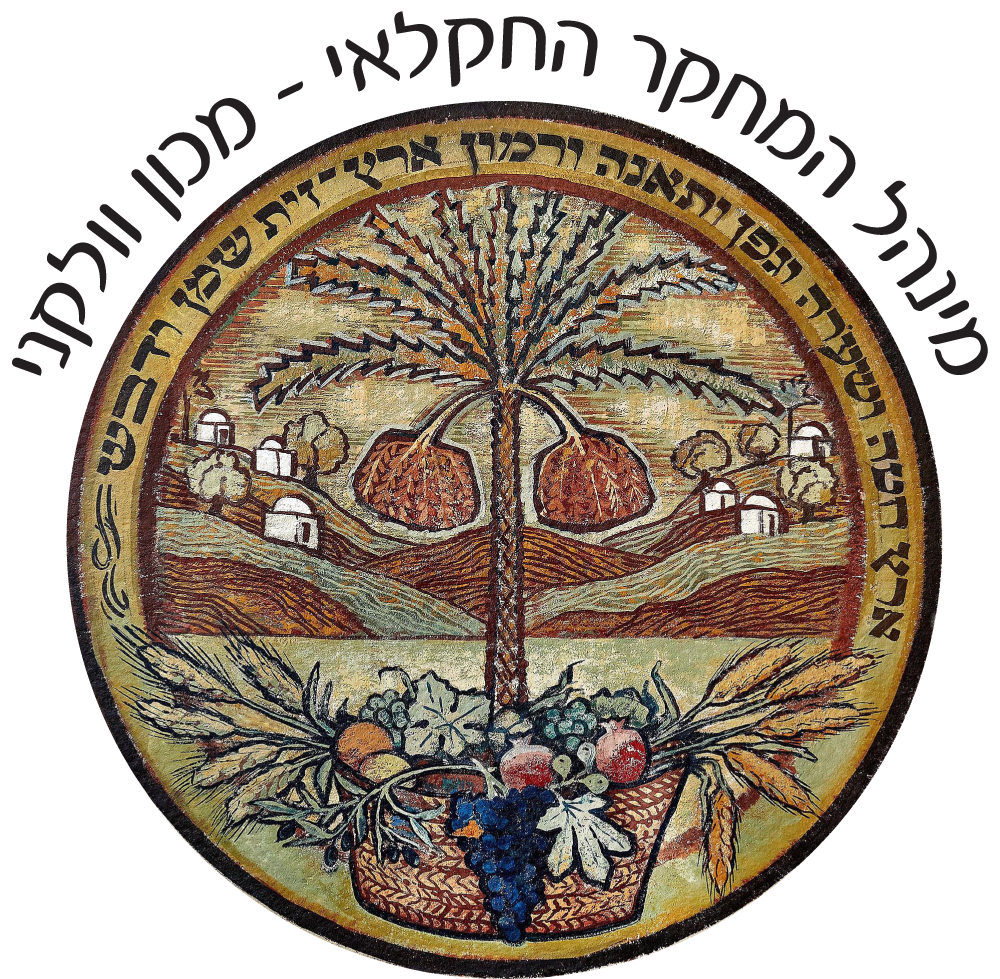Elie Jami Ph.D.
Principal investigator
- Institute of Animal Sciences
- Cattle and Sheep Research
- Volcani institute farm, building 121
- +972-3-9683026
Education
-
2010-2014
PhD - Tel Aviv university, Department of microbiology and biotechnology Thesis: Taxonomic and Functional Characterization of the Ruminant Digestive Tract Microbiome
-
2014-2016
Post-doctoral studies - Kiel University IKMB, Germany
Research Interests
Ruminants – foregut fermenters, which include cattle, sheep and goats among other animals, and from which humanity is largely dependent for its food supply, rely completely on their associated gut microorganisms to digest their plant feed. This microbial community is found in the rumen, the first compartment of the digestive tract of ruminants. The rumen microbiome converts the complex carbohydrates found in plants such as cellulose and hemicellulose, indigestible to humans, to molecules serving as energy for the animal growth and thus nutritive feed for human such as milk and meat. This makes the ruminant animal wholly dependent on their associated microbes. In parallel to its great importance for human nutrition, the rumen microbiome also exerts a severe environmental price. The rumen microbiome is responsible for the production and emission of methane, a greenhouse gas 23 more time more potent than carbon dioxide, thus greatly contributing to global warming. In addition to its effect on climate, methane emission represents a loss of energy for the animal, and this energy can potential to be steered away from methanogenesis, towards production of consumable metabolites. Thus, methane mitigation, in livestock animals represents one of the most sought out goal in agricultural research today as it could potentially alleviate the environmental burden posed by agricultural expansion all the while increasing production.
In our lab we sought to focus particularly on a severely understudied component of the rumen microbiome; Ciliate protozoa. Ciliate are eukaryotic microorganisms that can account for up to 50% of the microbial biomass in the rumen, yet, research have lagged behind compared to the bacterial community as to their role in the rumen and their effect on the host. This, despite the fact that the ciliate community have been shown to greatly enhance methane emission for
Our lab thus focuses on several aspects of research regarding protozoa, including:
- The ecological forces driving community composition from early development
- The effect of protozoa on the rumen ecosystem, specifically interactions with the bacterial and archaeal community
- The effect of protozoa on host animal phenotype
Elucidating the role of ciliate protozoa in the rumen through these lenses would give us a more complete picture of the role of the microbiome in host physiology, a prerequisite for the potential modulation of the microbiome towards a more sustainable animal agriculture.

Physical interaction between Isotricha and a bacterial symbiont
Research Areas
- Microbial ecology
- Symbiosis
- Microbiome
- Ruminants
- Methane emissions

